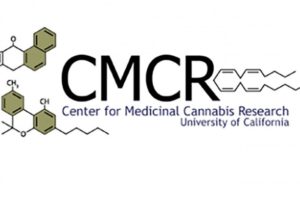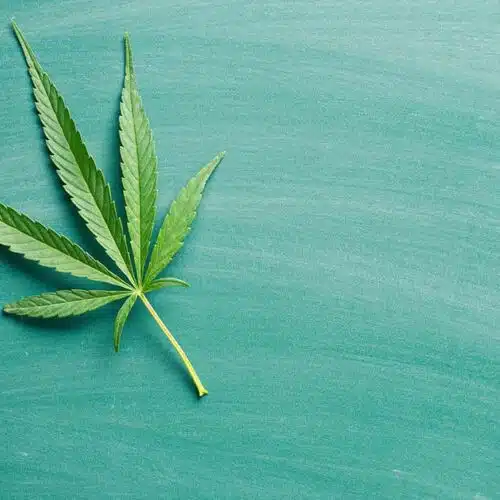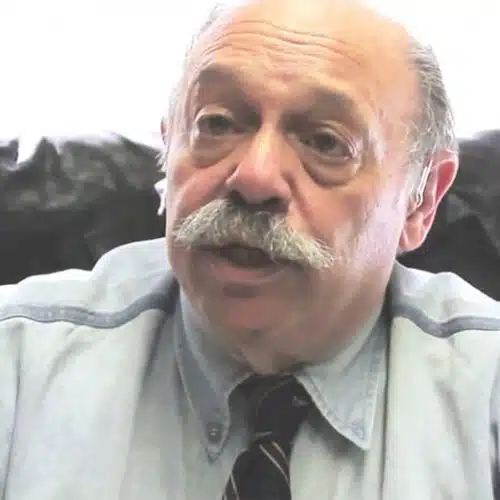Studies Spanning 12 Years: Medical Cannabis Works
A historic experiment in medical marijuana research spanning a dozen years, which brought new science to the debate on the place of cannabis in medicine, has found that the herb offers broad benefits for pain control from injuries, HIV, strokes and other conditions.
The Center for Medicinal Cannabis Research — established and funded to the tune of $8.7 million by the California Legislature to answer the question of whether marijuana has any therapeutic value — has now all but completed the most comprehensive studies into pot’s effectiveness ever conducted in the United States, reported Peter Hecht in 2012 at the Sacramento Bee.

State-commissioned clinical trials involving more than 300 patients have been finished; the final data are being analyzed for medical journals.
After seven completed clinical trials between 2002 and 2012, with five studies already published and two more pending, the scientists say their research shows marijuana does, in fact, have therapeutic value.
“Every one of the studies showed a benefit,” said Dr. Igor Grant, a neuropsychiatrist who served as director of the Center. “The convergence of evidence makes me convinced there is a medical benefit here, and there may be a niche for cannabis.”
Above: Dr. Igor Grant directs UCSD’s Neurobehavioral Research Center. He said mild cognitive problems affect about half of those who are living with HIV.
According to Grant, the research suggests that the American government’s treatment of marijuana as having no medical use “is completely at odds with the existing science.”
“It is intellectually dishonest to say it has no value whatsoever, because it’s just not true,” Grant said.
According to the Bee, “it is unlikely that medicinal pot research on such a scale is going to be repeated any time soon.”
The Center is headquartered at the University of California San Diego, with research also conducted in Sacramento County and San Francisco. Its work challenged medical orthodoxy by, for the first time in decades, performing clinical trials examining marijuana as medicine.
Now the Center survives only as an informational resource and potential clearinghouse for grant applications for future cannabis studies.
Despite the findings of potential health benefits, cannabis seems no closer to winning federal acceptance as medicine. Under the Uniform Controlled Substances Act, marijuana is illogically considered a Schedule I drug with no accepted medical uses and high danger of addiction.
Before the California research — and, strikingly, still today — the federal government supports studies of marijuana only as a drug of abuse, not as a potential medical benefit.
The current federal crackdown on medical marijuana in California and elsewhere shows that the federal government’s stance hasn’t really softened when it comes to medicinal cannabis.
“I don’t think science drives the train here,” said Dr. Donald Abrams of UC San Francisco, who ran clinical trials on AIDS patients in 2002. He found that AIDS patients got marked pain relief from marijuana, even on top of pharmaceutical medications.
“With the fact that the Center for Medicinal Cannabis Research had all of these promising leads, you would think in a rational world that people would be studying marijuana to make it a (prescription) medication,” said Rick Doblin, director of the Multidisciplinary Association for Psychedelic Studies (MAPS), a nonprofit group advocating alternative medical research.


